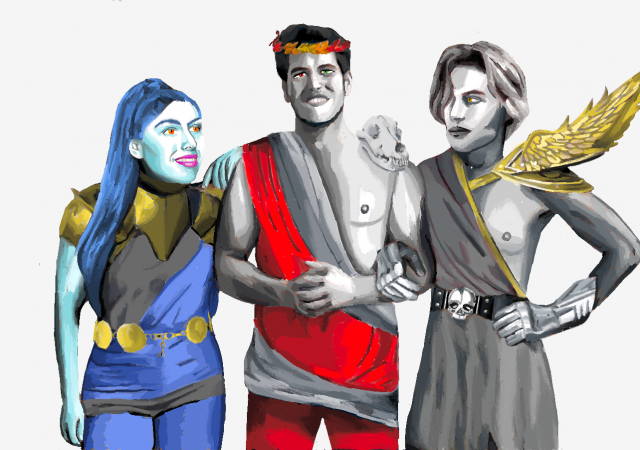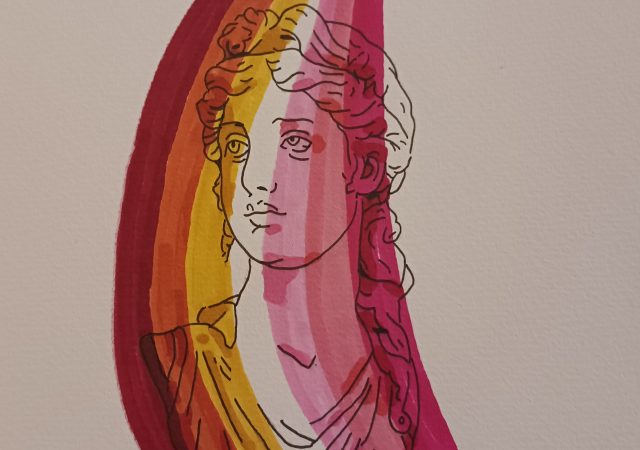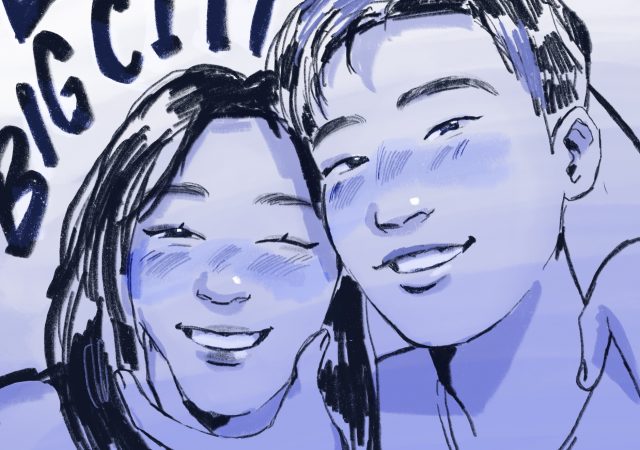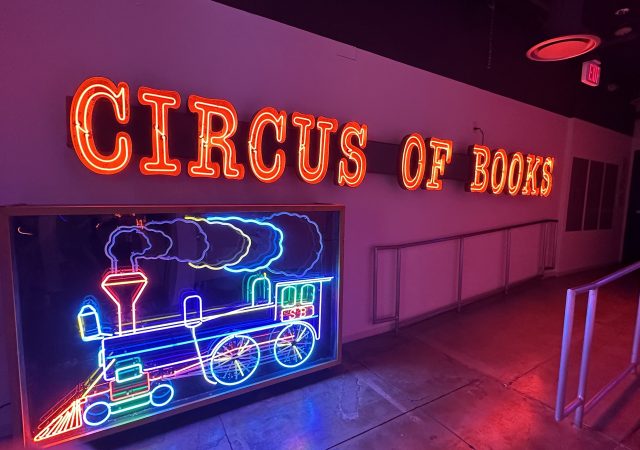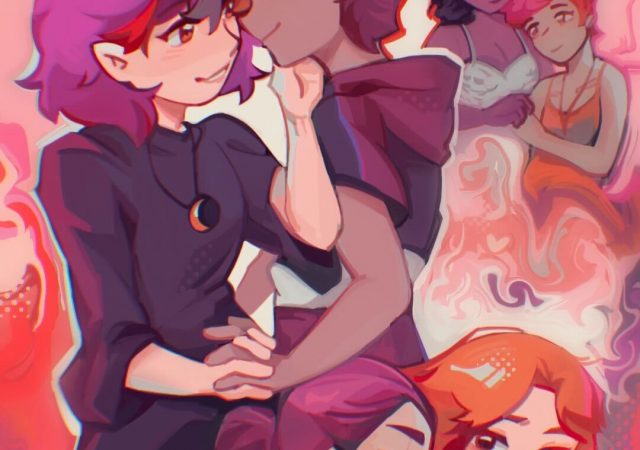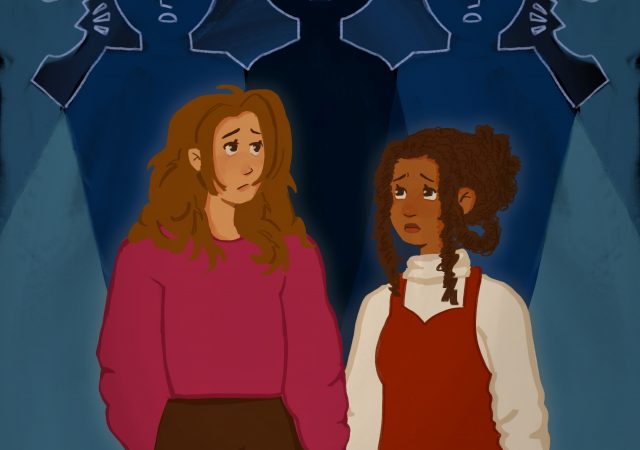Charlie Richmond/OutWrite This article contains spoilers for the video game “Hades.” During my brief break between midterms and final exams, I became invested in the video game “Hades.” There are plenty of things that stood out to me about it:…
Arts & Entertainment
“Langit Lupa” — Heaven and Earth, Life Beyond Death
On Nov. 9 and 10, 2024, Enzo Camacho and Ami Lien screened their newest experimental labor-activist documentary, Langit Lupa (Heaven and Earth) (2023), at 2220 Arts + Archives in Historic Filipinotown. The documentary braids personal testimonies from survivors of the violent Escalante Massacre with vivid phytograms taken from a sugar plantation in Negros, Philippines, raw 16 mm film, and theatrical performances by Escalante children. The weekend screenings and related programs were part of Camacho and Lien’s artist residency with Active Cultures, a public arts nonprofit in Los Angeles that explores the intersection of art, food, and ecologies through artist-led projects and programs.
Sappho in the Modern Day
Charlie Richmond/OutWrite Content warning: Discussion of lesbophobia. “someone will remember us I say even in another time” • Sappho, fragment 147, trans. Ann Carson Since the 1970s, the use of the term Sapphic in reference to lesbians has grown in…
Love in the Big City: Heterobaiting and Queering Relationships in Korean Media
Korean queer media and literature do not need to conform to Western definitions of queerness to be meaningful. As I write for an Anglophone queer audience, I am reminded that this dialogue is not about proving the queerness of Korean media, but about expanding the scope of queer representation to include its many forms and contexts. Perhaps, rather than queering Korean media for the West, we should allow its stories to challenge and reshape what we consider queer altogether.
Can Queerbaiting Exist In A World Where Sexuality Is Fluid?
Since a heterosexual-presenting couple got a sex scene on screen while Caitlyn and Vi didn’t even kiss by the end of the first season, many people felt as if their relationship was a part of a phenomenon known as queerbaiting.
My Own Modern Prometheus
Late one Friday night, long after my mother had tucked me into bed, my eldest brother Ricky came home. Hoping he would not wake me, he quietly crept into the living room and turned on the TV. With the volume low, he perused the channels, finally settling upon a black-and-white movie. Unbeknownst to him, I peeked out from beneath the covers and was introduced to the 1931 horror classic “Frankenstein.”
Queer Neon Lights: A Light in the Dark at the Museum of Neon Art
Although the Museum of Neon Art may be a small piece of the Los Angeles area art scene, it can be a light in the dark for many. In a time where so many queer spaces are moving online, MONA is a small queer refuge in the heart of a busy city that works to maintain the legacy of queer spaces that came before it.
From “I Am Not Okay With This” to “Everything Sucks”: A Lack of Lesbians in Media
After the cancellation of the beloved show “Warrior Nun” on Netflix, fans speculated as to why such a popular show could have been kicked to the curb by the streaming powerhouse. Some theorized that it may have been provoked by the second season’s relationship between two women. Though its fanbase’s dedication eventually led to the series’ development into a feature film trilogy, this isn’t the first case where shows with sapphic central characters have been stripped of funding and future seasons.
The Underrepresentation of Sapphic Identities in Literature: A Historical Analysis
My first June after discovering sapphic literature was one of eager anticipation. I had loved sapphic novels from the moment I picked up “The Lady’s Guide to Celestial Mechanics” the year prior, and waited all year for Pride Month so that I could get new recommendations. Sure enough, they started rolling in! Scrolling through TikTok, I saw video after video advertising “queer book recs.” But what I saw was disappointing at best. In these videos, the word “queer” seemed to be synonymous with male-loving-male (MLM); every single video was full of nothing but MLM novel recommendations.
The Oversexualization of Lesbian Relationships in Media
The entertainment industry profits off the sexualization of women. Whether typecast as a complacent suburban housewife or a strong crime-fighting machine, women in media are reduced to their sexual attributes, especially lesbians and other queer people.




